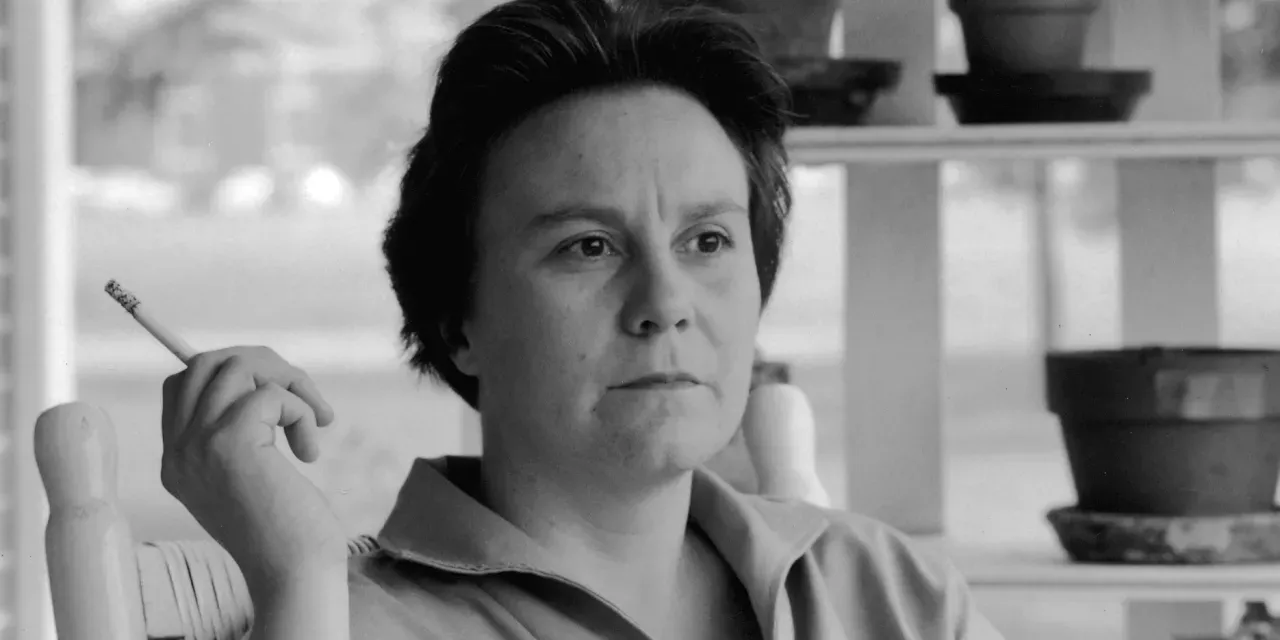Litblog Roundup 15

In this roundup: a new novel from Harper Lee, the upcoming launch of the Lit Hub website, why Americans don’t read foreign fiction, the killing of the creative class, and more.
Killing Two Birds
The biggest news for this roundup is the announcement of a sequel to Harper Lee’s 1961 Pulitzer Prize winning novel, To Kill a Mockingbird . Several sites have commentary on the story. Notably: Book Riot’s Uncollected Thoughts on the new Harper Lee Novel , and the comment threads on MetaFilter and Reddit . The New York Times’ opinion piece also had a thought to share:
Don’t do it, Harper Lee https://t.co/BwhOJMvwQu via @nytopinion — The New York Times (@nytimes) February 8, 2015
LitHub
There’s a new website in the works called “Literary Hub” or “lit hub” for short. The goal of the new website is to support “the whole ecosystem that literature needs to thrive, from the writers, to the publishers, to the bookstores, to the readers,” said Andy Hunter, co-founder of Electric Literature. “Our cultural conversation happens online now, and literary culture needs to play an important part. That’s Electric Literature’s mission, and Lit Hub fits.” According to the announcement , the site will launch “on April 8, 2015, which also happens to be the first day of the AWP Conference .” It’s big news, by the looks of it, with an article in the Wall Street Journal and an impressive lineup of partners.
Monoglot
In the previous roundup , there was some criticism of British critics who tended to favor their own language, when choosing a list of the best books written during this century. Perhaps they didn’t choose any books in other languages because they don’t read them? But why? It isn’t just the British, either. The Daily Beast has a consideration of the issue, “ Why Americans Don’t Read Foreign Fiction ”:
…are so few translated books available because American readers don’t read them, or do American readers read so little foreign fiction and poetry because so little of it is available in translation? Or is it a bit of both?
Culture Crash
This isn’t news: the odds of “making it big” as a writer or an artist are akin to the likelihood that you would become Michael Jordan or whoever-it-is that’s famous for playing football. Even though it’s not news, it’s still a frequent topic of conversation. Now, the New Republic has “a sortie of distressing numbers about the arbiters, facilitators, and creators of culture ” with a review of a new book Culture Crash: The Killing of the Creative Class by Scott Timberg. For litblogs like The Passive Voice the review is an opportunity to rekindle the conversation, with questions like “ Is it still possible to survive as an artist in America? ” and comments like “Why again are we supposed to be more concerned about “artists” who can’t make a living wage and not nurses, teachers, factory workers, etc?”
Tumbl On, Boston
If you need a steady fix of thought-provoking literary quotes, then you’ll enjoy the Boston Poetry Slam’s tumblr . Here are a few of the quotes that have been popular during the past few weeks:
When you grow up in a cramped apartment crowded with legs, each other’s tangled hair you learn to love the way you fit together, even when you yearn to stretch, even after you’ve stretched and learned to love the length of your own body separate, hallelujah. — April Ranger, “Brother On The Couch, The Poet/Waitress Defends Her Family To Her Lover While Washing Dishes, Her Hands Deep In Warm Water, Suds, Crumbs,” published in Drunk in a Midnight Choir
“Go to the ends of the earth/girl/go like a leopard chasing her longing/go like the grasses grown and cut and blowing over the valley by autumn fire-winds/Go away from the valley/girl/go to the city/go like a fighter/with gold ore precision/with penny-like pain/with plenty of power” — Brynn Saito, “How To Be Free,” published in Revolution House
“I love language because when it succeeds, for me, it doesn’t just tell me something. It enacts something. It creates something. And it goes both ways. Sometimes it’s violent. Sometimes it hurts you. And sometimes it saves you.” — Claudia Rankine, interviewed by Meara Sharma for Guernica Magazine (via bostonpoetryslam)